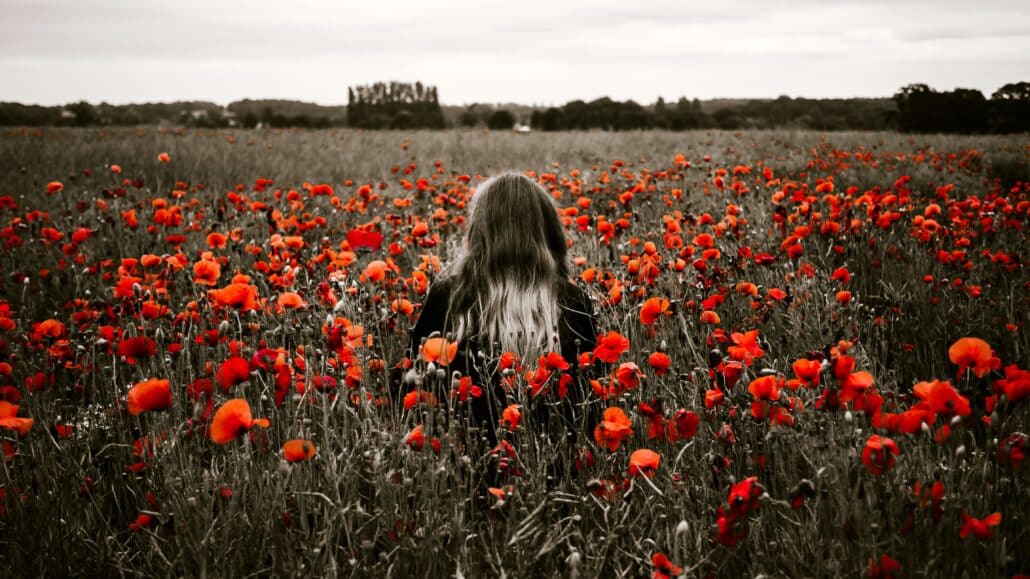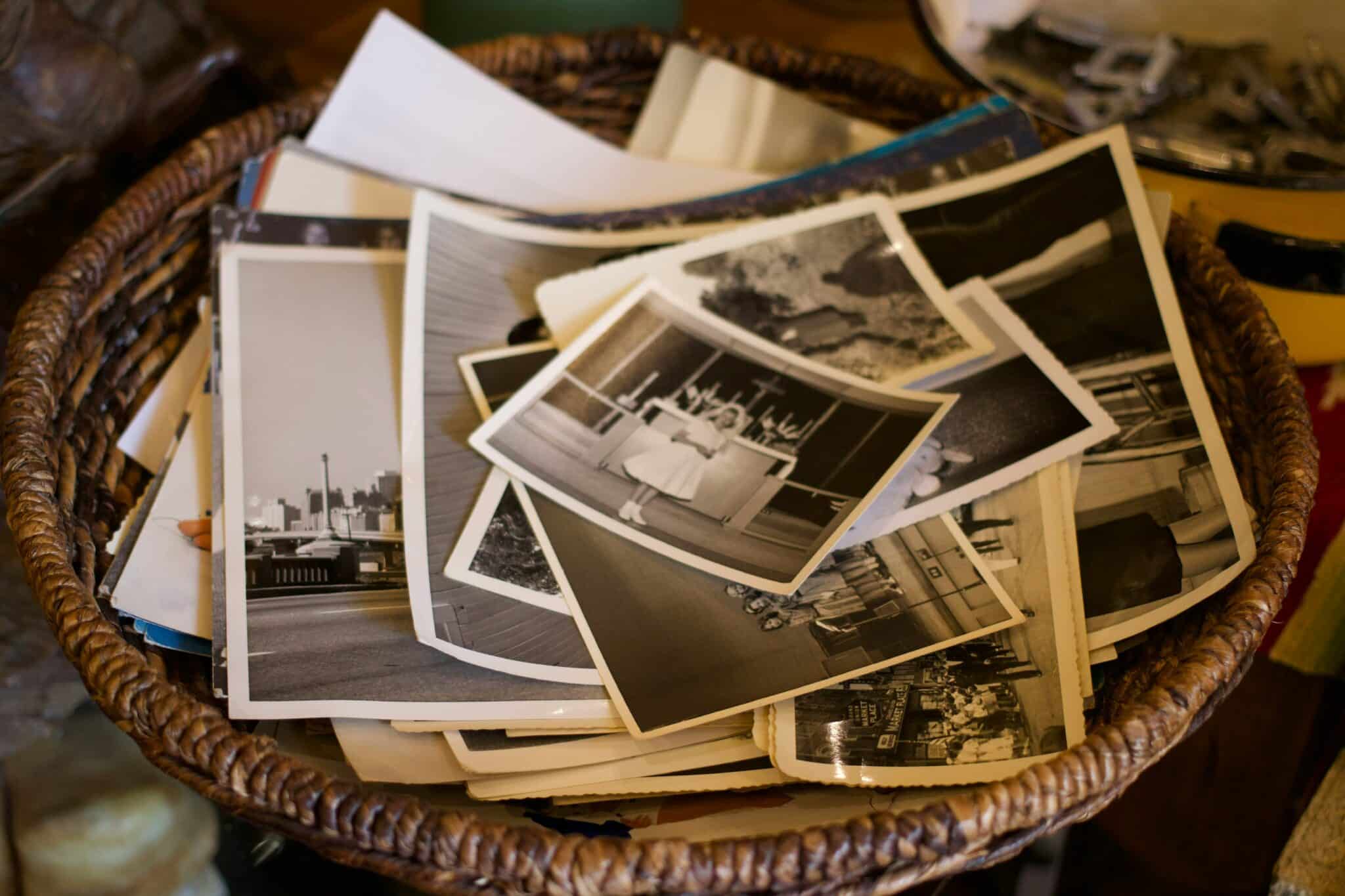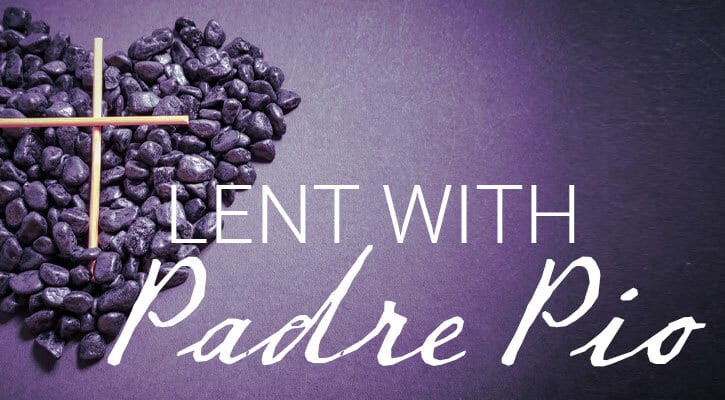In my best, my most alive moments, I have a profound sense of belonging. At those moments, I am aware of being truly at home in this universe. I know that I am not an orphan here. There is no longer any doubt in my mind that I belong to this Earth household, in which each member belongs to all others—bugs to beavers, black-eyed Susans to black holes, quarks to quails, lightning to fireflies, humans to hyenas and humus.
To say “yes” to this limitless mutual belonging is love. When I speak of God, I mean this kind of love, this great “yes” to belonging. I experience this love at one and the same time as God’s “yes” to all that exists (and to me personally) and as my own little “yes” to it all. In saying this “yes” I realize God’s very life and love within myself.
But there is more to this “yes” of love than a sense of belonging. There is always also a deep longing. Who has not experienced in love both the longing and the belonging?
Paradoxically, these two heighten each other’s intensity. The more intimately we belong, the more we long to belong ever more fully. Longing adds a dynamic aspect to our “yes” of love. The fervor of our longing becomes the expression and the very measure of our belonging.
Nothing is static here. Everything is in motion with a dynamism that is, moreover, deeply personal. Where love is genuine, belonging is always mutual.
The beloved belongs to the lover, as the lover belongs to the beloved. I belong to this universe and to the divine “Yes” that is its source, and this belonging is also mutual. This is why I can say “my God”—not in a possessive sense, but in the sense of a loving relatedness.
Now, if my deepest belonging is mutual, could my most fervent longing be mutual, too? It must be so. Staggering though it is, what I experience as my longing for God is God’s longing for me. One cannot have a personal relationship with an impersonal force. True, I must not project on God the limitations of a person; yet, the Divine Source must have all the perfections of personhood. Where else would I have gotten them?
It makes sense, then, to speak of a personal relationship with God. We are aware of this—dimly at least—in moments in which we are most wakeful, most alive, most truly human. And we can cultivate this relationship by cultivating wakefulness, by living our human life to the full.
The Bible expresses these insights in the words, “God speaks.” Having been brought up in the biblical tradition, I am comfortable with its language, though I would be reluctant to impose it on anyone else. What matters is that we come to a shared understanding of what this, or any other, language wants to express. “God speaks” is one way of pointing toward my personal relationship with the Divine Source. This relationship can be understood as a dialogue. God speaks, and I am able to answer.
Wake Up Our Senses
But how does God speak? Through everything there is. Everything, every person, every situation, is ultimately Word. It tells me something and challenges me to respond. Each moment with all that it contains spells out the great “yes” in a new and unique way. By making my response, moment by moment, word by word, I myself am becoming the Word that God speaks in me and to me and through me. This is why wakefulness is so preeminent a task. How can I give a full response to this present moment unless I am alert to its message?
And how can I be alert unless all my senses are wide awake? God’s inexhaustible poetry comes to me in five languages: seeing, hearing, smelling, touching, and tasting. All the rest is interpretation—literary criticism, as it were, not the poetry itself. Poetry resists translation. It can be fully experienced only in its original language. This is all the truer of the divine poetry of sensuousness.
How then could I make sense of life if not through my senses? When and to what do your senses respond most readily? If I ask myself this question, I think immediately of working in the garden. The hermitage where I am privileged to live for the better part of each year has a small garden.
For fragrance, I grow jasmine, pineapple mint, sage, thyme, and eight different kinds of lavender. What abundance of delightful smells on so small a patch of ground!
And what variety of sounds: spring rain, autumn wind, all year round the birds—mourning dove, blue jay, and wren; the hawk’s sharp cry at noon and the owl’s hooting at nightfall—the sound the yard broom makes on gravel, wind chimes, and the creaking garden gate.
Who could translate the taste of strawberry or fig into words? What an infinite array of things to touch, from the wet grass under my bare feet in the morning, to the sun-warmed boulders against which I lean when the evening turns cool. My eyes go back and forth between the near and the far: the golden metallic beetle lost among rose petals; the immense expanse of the Pacific, rising from below the cliff on which this hermitage is perched to the far-off horizon where sea and sky meet in mist.
Yes, I admit it. To have a place of solitude like this is an inestimable gift.It makes it easy to let the heart expand, to let the senses wake up, one by one, to come alive with fresh vitality. Yet, whatever our circumstances, we need to somehow set aside a time and a place for this kind of experience. It is a necessity in everyone’s life, not a luxury.
What comes alive in those moments is more than eyes or ears; our heart listens and rises to respond. Until I attune my senses, my heart remains dull, sleepy, half dead. In the measure to which my heart wakes up, I hear the challenge to rise to my responsibility.
The Practice of Gratefulness
How shall we do this in practice? Is there a method for cultivating mindfulness? Yes, there are many methods. The one I have chosen is gratefulness. Gratefulness can be practiced, cultivated, learned. And as we grow in gratefulness, we grow in mindfulness.
Before I open my eyes in the morning, I remind myself that I have eyes to see, while millions of my brothers and sisters are blind—most of them on account of conditions that could be improved if our human family would come to its senses and spend its resources reasonably, equitably. If I open my eyes with this thought, chances are that I will be more grateful for the gift of sight and more alert to the needs of those who lack that gift.
Before I turn off the light in the evening, I jot down in my pocket calendar one thing for which I have never before been grateful. I have done this for years, and the supply still seems inexhaustible. Gratefulness brings joy to my life.
How could I find joy in what I take for granted? So I stop “taking for granted,” and there is no end to the surprises I find. A grateful attitude is a creative one, because, in the final analysis, opportunity is the gift within the gift of every given moment. Mostly this means opportunities to see and hear and smell and touch and taste with pleasure. But once I am in the habit of availing myself of opportunities, I will do so even in unpleasant situations creatively. But most importantly, gratefulness strengthens that sense of belonging which I mentioned at the very beginning.
There is no closer bond than the one which gratefulness celebrates, the bond between giver and thanksgiver. Everything is gift. Grateful living is a celebration of the universal give-and-take of life, a limitless “yes” to belonging. Can our world survive without it? Whatever the answer, one thing is certain: to say an unconditional “yes” to the mutual belonging of all beings will make this a more joyful world.
This is the reason why Yes is my favorite synonym for God.









7 thoughts on “Saying ‘Yes’ to God”
I really enjoyed reading this by Brother David. It produced more mindfulness & thoughtfulness in my awareness. Thank you, Brother David. I try also to be grateful much more, and the joy it brings changes my outlook to positivity. I pray it becomes a habit, & the Holy Spirit is helping me. It seems even after living many years, good changes can come. Yes, I understand your “yes” as being closer to our Creator. I need to keep working on this. I am so grateful for my sight & sound & always pray for those without every morning upon opening the blinds. Thank you, Brother David, for your beautiful & very inspiring words.
Thank you! Thank you! A lyrical exultation of Divine and our aliveness! Yes and yes and yes!
I agree, Brother David, how we all take our health for granted. Health, to continue to appreciate the world around us. The main decisions I have made in my life have already been made and now I have to live the cards that remain. I may try and make comparisons, but the only real comparisons I can truly make are based upon the “what if” choices that already have been made. So, in the respect, I have to be grateful because I need to remember that things could always have been worse. I know I was loved, if by no one else, at least by my parents. I know God loves me because He loved me through my parents. Now, the question becomes, to what extent can I reciprocate the love. Yes, I’m still in tune with the spirit world. Our love continues.
Beautiful, eloquent, thank you.
Longing and belonging explained so beautiful.
Glory to God
Excellent analysis of God’s gift of our 5 senses and how we can be more thankful for being part of God’s creation and the never-ending love He has for us if we just say YES ????
How true! All creatures, great and small — we all are interconnected.